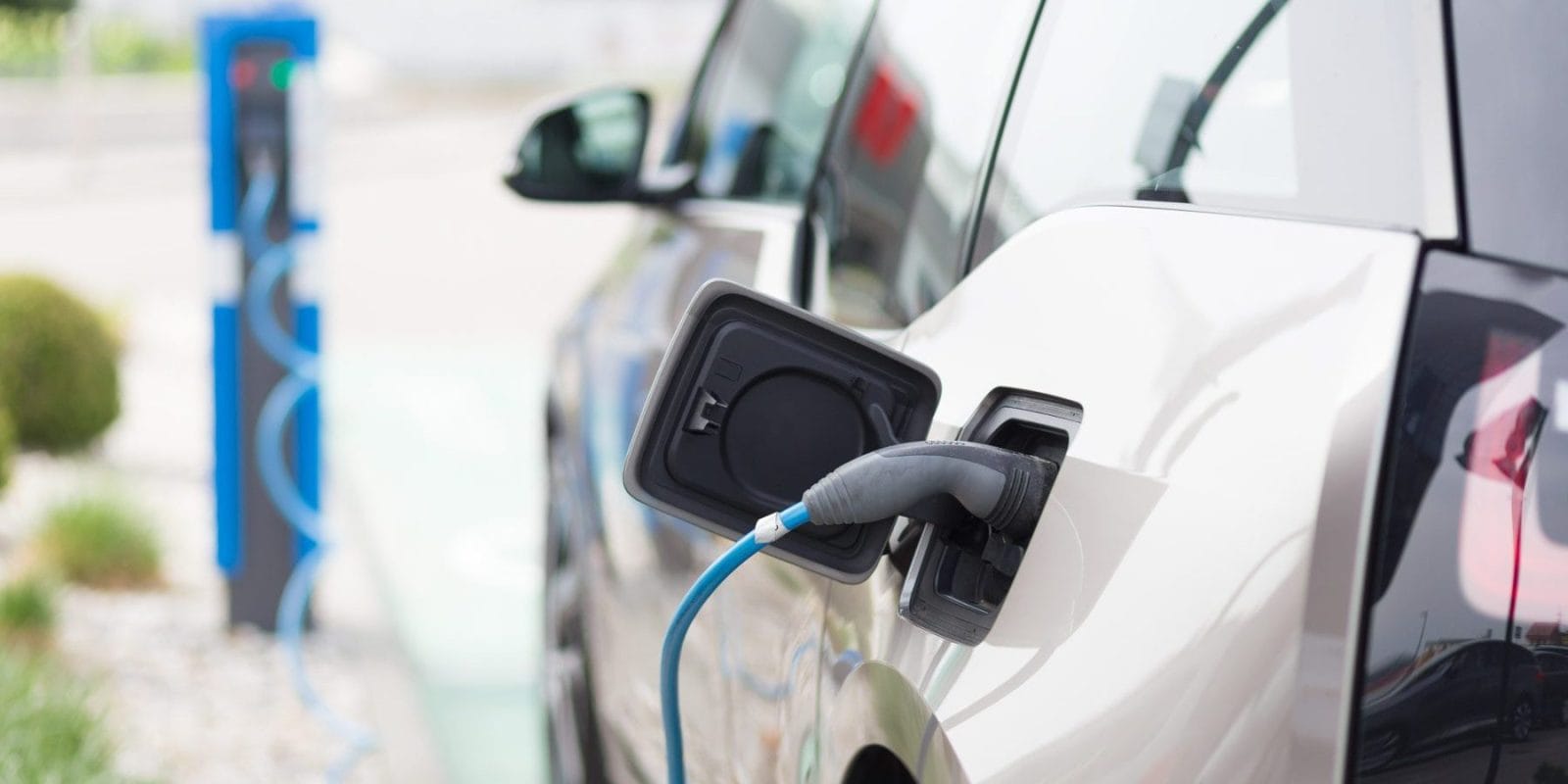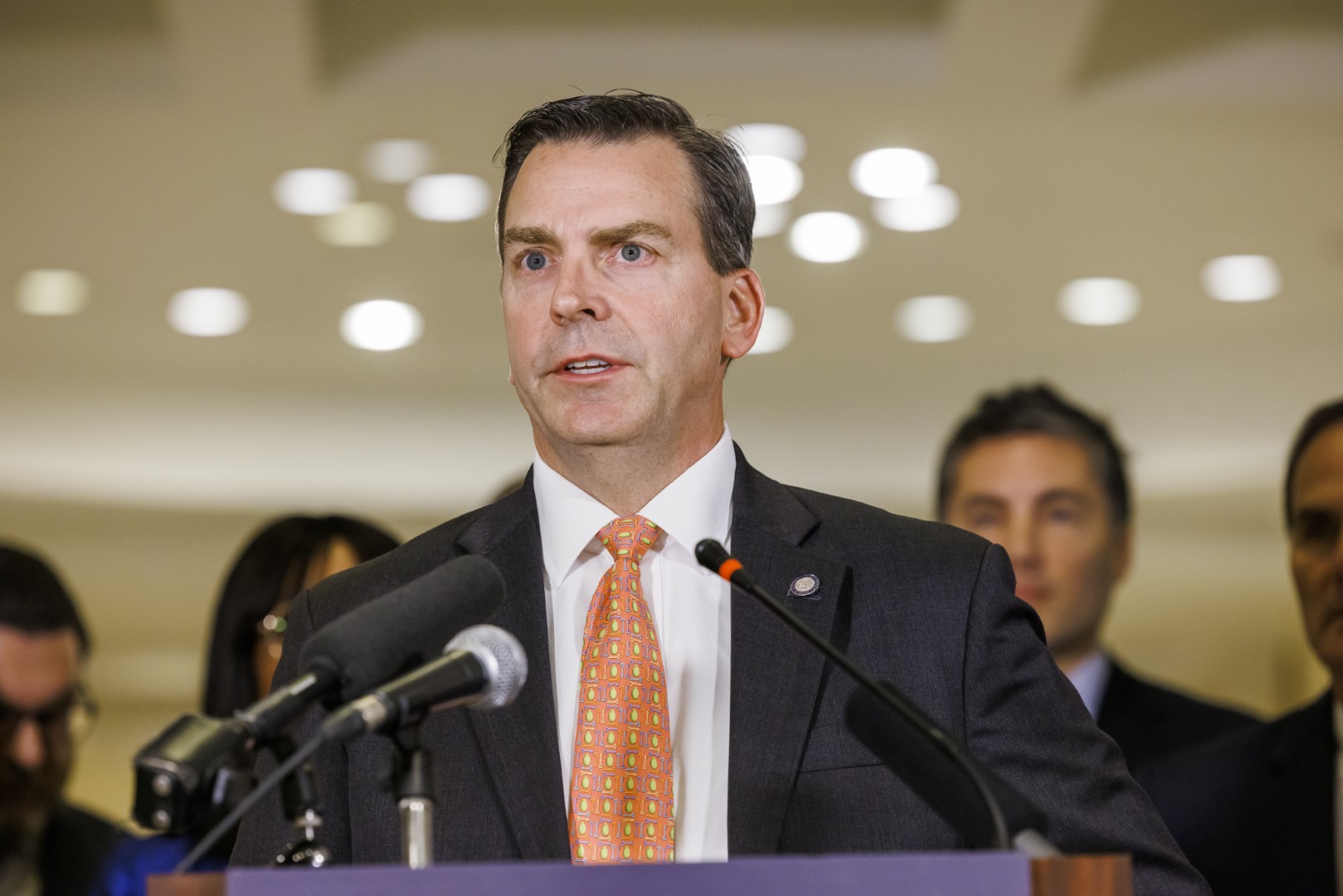Eight months after the U.S. Supreme Court struck down a 2018 ban on bump stocks that enable semiautomatic rifles to fire at machine gun-like speeds, Florida should do the same, says state Rep. Toby Overdorf.
Overdorf, a Palm City Republican, has filed legislation (HB 6013) to repeal a ban on the controversial gun accessories, which have been illegal in Florida for nearly seven years.
It’s the first — and, so far only — bill he’s filed for the 2025 Legislative Session.
Overdorf said the measure, which does not yet have a Senate analog, is necessary to align Florida Statutes with federal law. As of now, he said, gun shops in the state risk losing their license if they sell bump stocks, also called bump-fire stocks, despite a national repeal of the ban.
“The state law does not currently comply with federal law,” he told Florida Politics. “I would like for state law to comply with federal law.”
Florida’s ban on bump stocks went into effect March 9, 2018, less than one month after the deadliest school shooting in the state’s history. It was part of a sweeping gun safety package, the “Marjory Stoneman Douglas High School Public Safety Act,” the Republican-controlled Legislature approved. The law also added a three-day waiting period for gun purchases and hiked the age limit to buy long rifles to 21.
President Donald Trump’s first administration imposed a national bump stock ban nine months later. The move, while close to the Marjory Stoneman Douglas shooting, was more in response to the October 2017 massacre in Las Vegas, where a shooter used the device. The high school shooter did not.
But on June 14, the Supreme Court ruled 6-3 that Trump’s administration did not follow federal law in effectuating the ban and that the Bureau of Alcohol, Tobacco, Firearms and Explosives overstepped its authority.
Democratic U.S. Rep. Jared Moskowitz, a Marjory Stoneman Douglas alum who advocated passionately for the state’s gun control bill in 2018, said Trump was right to ban bump stocks and that the three conservative Justices he appointed were “dangerously wrong” to repeal it.
The law still on Florida’s books bans the import, sale, transfer, distribution or possession of bump stocks, which is defined as “a conversion kit, a tool, an accessory, or a device used to alter the rate of fire of a firearm to mimic automatic weapon fire or which is used to increase the rate of fire to a faster rate than is possible for a person to fire” without such an attachment.
Violating that restriction, per Florida Statutes, is a third-degree felony punishable by up to five years in prison and up to $5,000 in fines.
Overdorf said Florida law should comport with federal law when it comes to bump stocks. It’s something “several different folks who (he works) with across the state that sell a variety of things” have asked him to do.
“I’m a strong supporter of the Second Amendment,” he said. “This is an infringement upon the Second Amendment.”
Asked whether law enforcement has shown support for the bill, Overdorf said he hasn’t spoken with any organization, like the Florida Sheriffs Association, but he expects them to support legislation that follows federal law.
He added that Gov. Ron DeSantis has advocated for reversing the ban, including during his brief run for President.
The measure would become effective upon ratification. Florida is among 15 states today that ban bump stocks, according to World Population Review. The District of Columbia also prohibits them.
Post Views: 0

 Entertainment8 years ago
Entertainment8 years ago
 Entertainment8 years ago
Entertainment8 years ago
 Politics8 years ago
Politics8 years ago
 Tech8 years ago
Tech8 years ago
 Tech8 years ago
Tech8 years ago
 Tech8 years ago
Tech8 years ago
 Politics8 years ago
Politics8 years ago
 Tech8 years ago
Tech8 years ago








